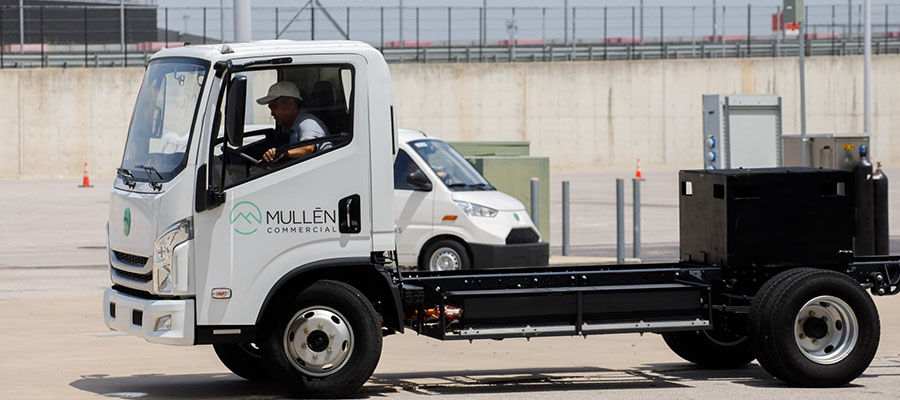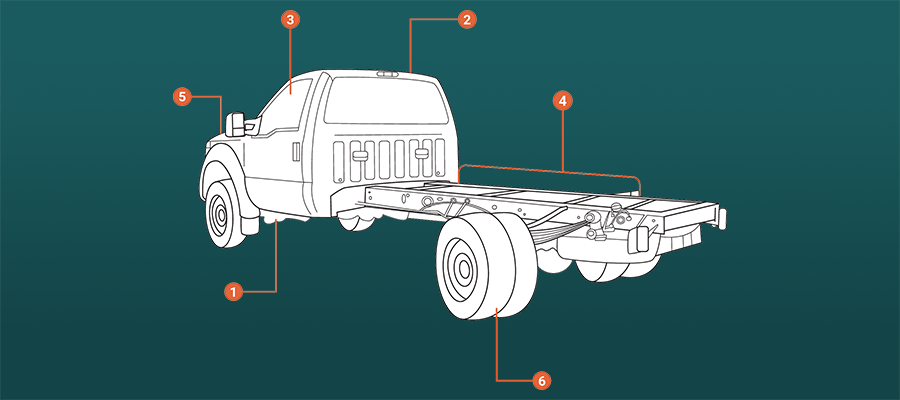New 2024 Ford F-550 Crew Cab 4x4, Cab Chassis
- VIN
- 1FD0W5HT2REC86939
- Stock #
- REC86939
- Cab Type
- Crew
- Drivetrain
- 4x4
- Rear Wheels
- DRW
- Fuel Type
- Diesel
- Transmission
- Automatic
- Cab-to-Axle
- 84
| Call For Pricing |
| Call For Pricing |
| Call For Pricing |
| Call For Pricing |
| Call For Pricing |
| Call For Pricing |
| Call For Pricing |
| Call For Pricing |
| Call For Pricing |
| Call For Pricing |
| Call For Pricing |
A cab chassis has the front section (cab) of a pickup but lacks the standard bed, allowing for extensive customization with various upfits.
The upfits available to cab chassis are very extensive. Dump bodies, flatbeds, service bodies, refrigeration units, cranes, tow trucks, and specialty bodies for specific industries are just a few examples.
Payload capacity and towing capacity vary greatly depending on the model, engine, and upfit. Factors like the Gross Vehicle Weight Rating (GVWR) and Gross Combined Weight Rating (GCWR) are crucial to understand.
Expect lower fuel efficiency compared to pickup trucks due to their larger size and heavier weight. Engine options and upfit weight also play a role.
Regular maintenance is crucial for these commercial vehicles. Frequency and cost will depend on the model, usage, and upfit installed.
There are many make and models to choose from that include: the Ford F-350 super duty truck, the Ford F-450 super duty truck, the Ford F-650, and even the Dodge Ram truck among others. Those are among the most popular makes and models for truck chassis vehicles, known for their reliability, power, and customization options. The best choice depends on the specific vehicle needs and budget of the buyer.
Cab Chassis trucks typically use a diesel motor due to its efficiency and power, especially for heavy-duty tasks.
Yes, there are financing options available for purchasing a cab chassis truck, including loans, leases, and dealer financing. Many financial institutions and equipment financing companies offer tailored plans for commercial cab chassis truck purchases.
When buying a cab chassis truck, consider the intended use, ensuring the chassis strength and engine power align with the required load capacity and tasks. Customization options and cab configuration are crucial, depending on whether you need specific body types or passenger space. Finally, balance the upfront cost with long-term operational expenses, including fuel efficiency and maintenance.
Sizes for cab chassis trucks can vary such as 8 ft, 12 ft, or 16ft. Also, the size can vary depending if the need of the driver is for tank trucks, a refrigerated truck, a delivery truck, or a more general commercial truck.
Click on the orange button that says ‘I’m Interested!” that is located on the right side of each individual cab chassis truck listing.
Cab chassis trucks are typically used as a base vehicle for custom-built commercial applications, such as tow trucks, delivery trucks, and utility vehicles. They consist of a cab and a chasis, without a pre-installed cargo bed, allowing for specific modifications to meet various industry needs. These trucks are popular for their versatility in construction, transportation, and service industries.
Industries that commonly use cab chassis trucks include construction, transportation, and utilities. These trucks are favored in these sectors for their ability to be customized with specialized equipment, such as flatbeds, dump bodies, and service bodies. Additionally, cab chassis trucks are widely used in industries like towing, telecommunications, and landscaping for their versatility and adaptability.

